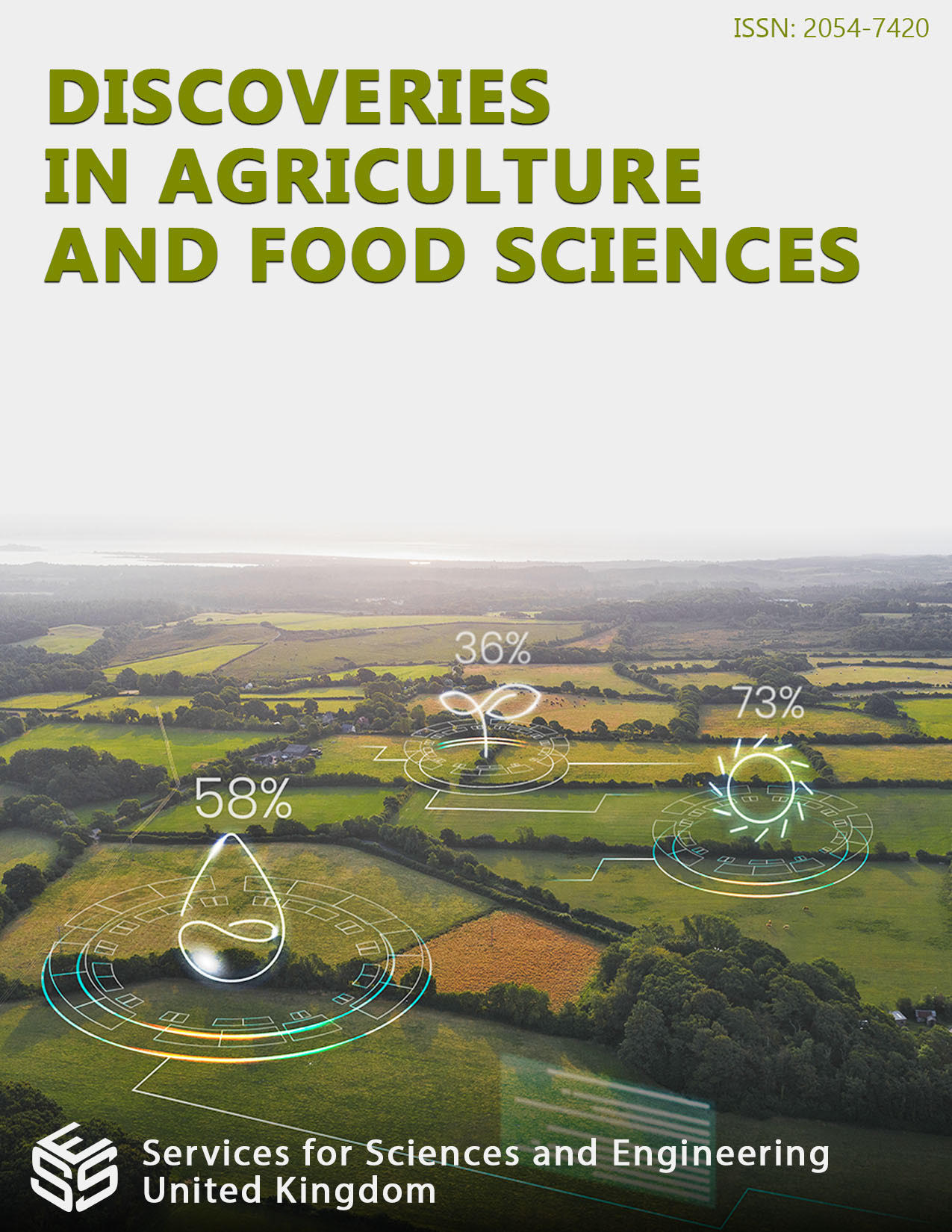Factors Affecting Fresh Fruit Loss and Waste at Retail: A Focus on the Thiaroye, Pikine, and Sandiniéry Markets in the Dakar Region, Senegal
DOI:
https://doi.org/10.14738/tnc.125.17647Keywords:
Fruit Waste, Fruit Loss, Market Infrastructure, Handling Practices, Senegal MarketsAbstract
Senegal faces a severe food crisis that is exacerbated by significant fruit waste and loss at retail. This study seeks to achieve the following objectives: (i) estimate the extent of fruit waste and loss at retail; (ii) identify the factors contributing to such waste and loss; and (iii) propose actionable strategies to reduce these waste and loss. Conducted in winter 2024 (February-March) in three major markets of the Dakar region, Thiaroye, Pikine, and Sandiniéry, the study aimed to lay the foundation for adopting good practices in fresh fruit preservation within an improved and hygienic environment. The survey involved 75 fruit retailers, focusing on socioeconomic characteristics (age, gender, education, and experience), access to information/training, types and percentages of fruits sold, handling practices (transportation, packaging, storage, displaying), and estimated waste and loss. Data were collected through semi-structured questionnaires and direct interviews, supplemented by field observations. Analysis included descriptive statistics and thematic analysis of qualitative data. The study revealed significant fruit waste and loss at the retail level in the three markets, with estimates ranging from 25% to 40% depending on the fruit type. Despite improvements in transportation and storage over the past decade, packaging, handling, and displaying practices remain major risk factors, mainly due to inadequate training and poor operational methods. Notably, while efforts to boost daily fresh fruit consumption are encouraged, policies and public investments should strengthen market infrastructure, including clean water supply, toilets, sewage disposal systems, municipal waste management, and urban planning.
Downloads
Published
How to Cite
Issue
Section
License
Copyright (c) 2024 Fatou Corka Kane, Djimadoum Kimassoum, Frazzoli Chiara

This work is licensed under a Creative Commons Attribution 4.0 International License.






